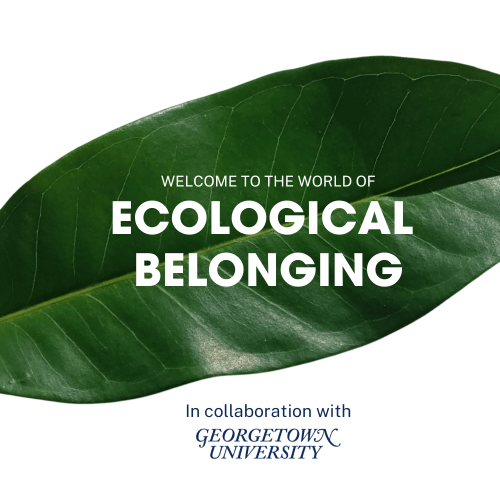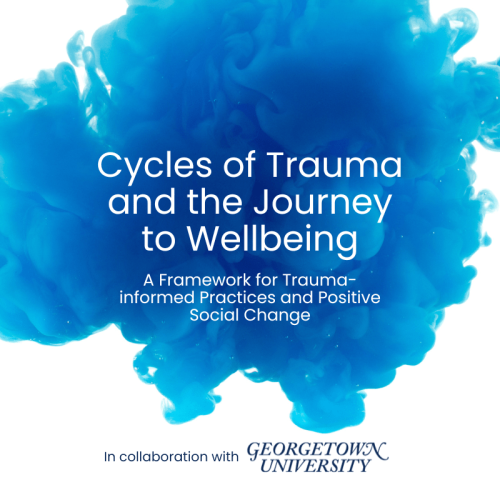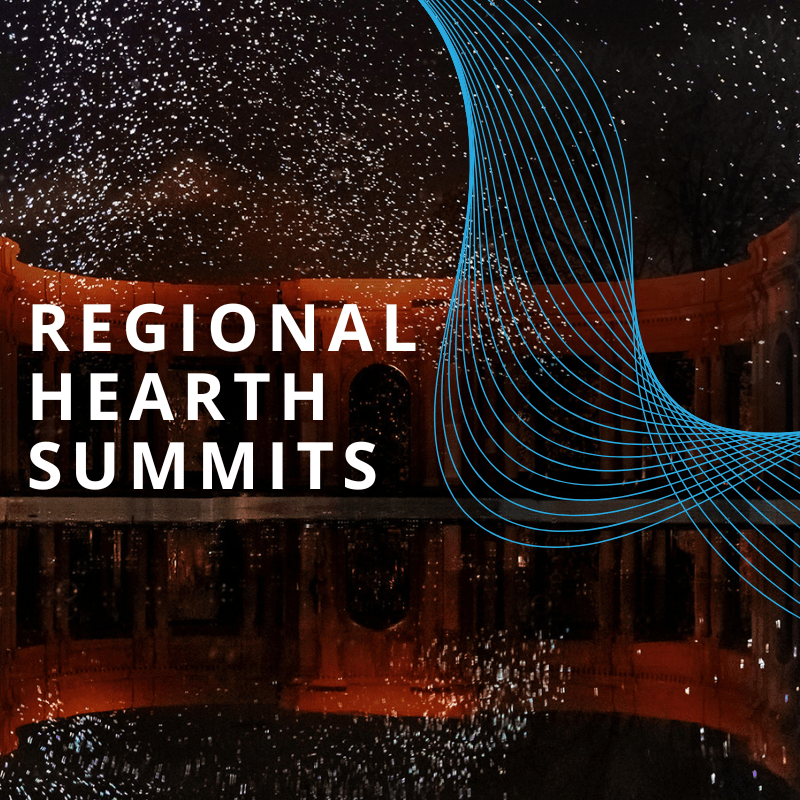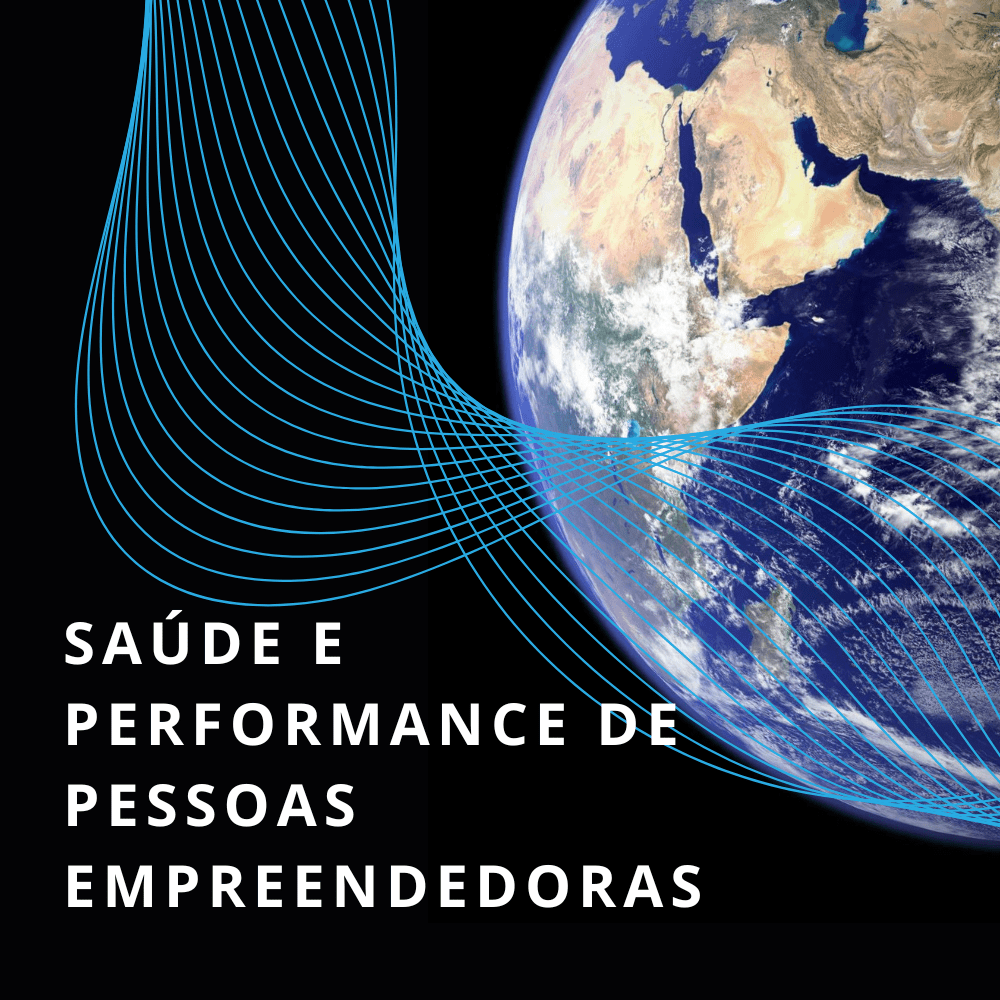Integrative Medicine: A Game-Changer for Global WellbeingIntegrative Medicine: A Game-Changer for Global Wellbeing
Stories from the Hearth
Hearth Summit São Paulo Session Featuring:
Dr. Richard Ghelman, MD, PhD
Clinical Director, Ghelman Institute of Integrative Medicine
🌍 São Paulo, Brazil
In São Paulo, Dr. Richard Ghelman, MD, PhD, Clinical Director of the Ghelman Institute of Integrative Medicine, introduced the audience to the dimensions of integrative medicine and the role it can play in cultivating wellbeing, worldwide.
EXPLORE THE REGIONAL SUMMITS FURTHEREXPLORE THE REGIONAL SUMMITS FURTHER
Dive Into Stories From Around the World
Discover the Science of WellbeingDiscover the Science of Wellbeing
Meet and hear stories from the changemakers exploring how wellbeing works and why.
Situación Actual de las Empresas y los EmprendedoresSituación Actual de las Empresas y los Emprendedores
Stories from the Hearth
Hearth Summit BOGOTÁ Session Featuring:
Juan Pablo López Gross
Innovation Senior Specialist, Inter-American Development Bank BID Lab
🌍 Washington, D.C., USA
Romina Mendoza
Senior Specialist, McKinsey and Co.
🌍 San José, Costa Rica
Ricardo Paz
People and Culture Elder, The Wellbeing Project
🌍 Bogotá, Colombia
In Bogotá, Juan Pablo López Gross from the Interamerican Development Bank Lab (BID Lab) presented the findings of new research conducted with The Wellbeing Project on the mental health of high-impact social entrepreneurs in Latin America, ultimately sharing the business case for wellbeing: if the entrepreneurs are doing well, the ventures will do better. Ricardo Paz from The Wellbeing Project provided additional insights from research from the social sector on how organizational wellbeing inspires welldoing. Romina Mendoza shared analysis on organizational wellbeing, employee work-life balance, and mental health from McKinsey & Co’s global study. Watch the session (in Spanish).
EXPLORE THE REGIONAL SUMMITS FURTHEREXPLORE THE REGIONAL SUMMITS FURTHER
Dive Into Stories From Around the World
Discover Organizational WellbeingDiscover Organizational Wellbeing
Meet and hear stories from the changemakers championing wellbeing in their organizations.


Ecological Belonging
Join the Locally Rooted, Universally Human Movement
In collaboration with Georgetown University
Ecological belonging is living in an ongoing interconnected relationship with ourselves, each other and our broader natural world. For most of human history we have done that through storytelling, ritual and practice. This ‘invisible architecture’ made meaning, focused attention, connected communities with themselves and their natural environment.
Throughout most of history, this is how we as humans have enabled and engaged in a respectful relationship with ourselves and all life on earth.
Ecological Belonging Explorations Across Our Network
Explore More


Cycles of Trauma and the Journey to Wellbeing
A Framework for Trauma-Informed Practices and Positive Social Change
In 2023, the Think Tank released the executive summary of “Cycles of Trauma and the Journey to Wellbeing: A Framework for Trauma-Informed Practices and Positive Social Change”
Written by the Think Tank’s multidisciplinary, cross-institutional Research and Design Team, guided by 12 leaders in academia and the social change sector, the framework offers a synthesised view of trauma, healing, and social change, and invites changemakers to reflect on how they can adopt a trauma-informed approach in their work.
Watch Webinar Series
Intergenerational Trauma & Systems Change
Intergenerational Trauma Explorations Across Our Network
Explore More

Teaching, Learning, and Co-Creating Teaching, Learning, and Co-Creating
The Science of Wellbeing x Regional Hearth Summits
UNDERSTANDING WELLBEINGUNDERSTANDING WELLBEING
“Whoever teaches learns in the act of teaching, and whoever learns teaches in the act of learning.”
Paulo Freire

COMPASSION, ALTRUISM, AND ECONOMICS
WITH PROF. DR. TANIA SINGER
In Brussels, Prof. Dr. Tania Singer, a world expert on empathy and compassion, led changemakers on a journey from inner work to a more caring economy by explaining how motivation psychology and neurobiology can inform economic models. In fostering pro-social behaviour, she explained, we can enable the impactful collaboration needed to solve our world’s biggest problems, such as climate change, social injustice, and economic inequality. The research offers decision- and policy-makers a new look at how the individual and the collective interact in order to create more sustainable macro-economic environments.

EMOTIONS, HEALING, AND PEACEBUILDING
WITH DR. OLGA KLIMECKI
In Brussels, Dr. Olga Klimecki (pictured above right), Senior Researcher at the University of Geneva, spoke on two panels to bring a neuroscience perspective to conversations on healing and peacebuilding. Citing a new research project from the Swiss Center for Affective Sciences, she explained the growing understanding of the role emotions play in conflict resolution. Through a mix of behavioural and neuroscientific experiments with field studies in conflict areas, the work seeks to aid and inform peacebuilding and diplomacy efforts.

HEALTHY MINDS AND WELLBEING
WITH DR. RICHARD J. DAVIDSON
In Bogotá, Dr. Richard J. Davidson from the Center for Healthy Minds at the University of Wisconsin-Madison shared his pioneering research on the neural bases of emotion and emotional style and how they relate to inner and organizational wellbeing. His work explores how brain function is related to wellbeing and mental health, particularly through the study of contemplative practices such as meditation. Through neuroimaging and behavioural techniques, his research captures the neuroplastic changes that occur and thereby enhance emotional resilience, reduce stress, and promote positive health outcomes.
Neuroscientific Dimensions of Wellbeing
SESSION AT Hearth Summit São Paulo
In São Paulo, Dr. Raquel Tatar, Chief Scientific Officer and Chief Operating Officer, Center for Healthy Minds, shared the dimensions of wellbeing as seen through a neuroscientific lens. Take a deep dive into how the brain works and influences wellbeing, as well as the emerging Healthy Minds Framework. Watch the session (in Portuguese).


ARTS AS THERAPY
WITH ALESSANE SECK
In Dakar-Thiès, art therapist Alassane Seck shared learnings from Fann Hospital, where the Moussa Diop psychiatric clinic is home to Senegal’s first arts therapy programme. Alassane opened the L’Atelier d’EXpression (“The Expression Workshop”) in 1999 aiming to provide holistic care to the clinic’s patients. Engaging with the arts can help alleviate symptoms of many psychiatric disorders such as depression and anxiety, schizophrenia, cognitive impairment and dementia, and autism, in an alternative, non-pharmaceutical approach.
In the specific case of L’Atelier d’EXpression, Alessane explained that only does the programme help patients self-reflect, understand their emotions, express themselves, it also helps shift cultural attitudes towards mental illness in Senegalese society. The participants’ art creations are also often exhibited in various forums and exhibitions, including the regional summit hosted by Tostan, promoting social inclusion and empathy while sharing the story of mental health with wider audiences.

NUTRITIONAL SCIENCES
WITH RUBAIYA AHMAD
In Dhaka, animal welfare activist and educator Rubaiya Ahmad led a workshop on nutritional sciences for changemakers, explaining the physiological relationship between diet and mental health. Conversations about inner wellbeing are incomplete without considering one’s physical wellbeing, she said, as she covered topics such as nutrition, physical exercise, and emotional relationships with food.
As the founder of Bangladesh’s first vegan eatery, The Bangu Vegan, she also shared the human and environmental benefits of eating plant-based foods. She also explained the cultural relevance of plant-based diets in Bangladesh, noting the presence of vegan and vegetarian elements in many authentic Bengali dishes.

SOCIO-EMOTIONAL LEARNING
WITH BRAC INSTITUTE FOR EDUCATIONAL DEVELOPMENT
In Dhaka, a team from BRAC Institute for Educational Development (BRAC IED) introduced changemakers of all ages to Socio-Emotional Learning (SEL). In the hybrid session mixing instruction and interactive play, participants learned the basics of SEL and how its five core competencies — self-awareness, self-management, social awareness, relationship skills, and responsible decision-making — relate to fostering wellbeing individually, collectively, and in the workplace. Through games and reflective conversations, the session also looked at how these competencies are taught, exercised, and perceived in Bangladeshi culture.
EXPLORE THE SCIENCE OF WELLBEING FURTHEREXPLORE THE SCIENCE OF WELLBEING FURTHER
Dive Into Research and Knowledge From Around the World

















































